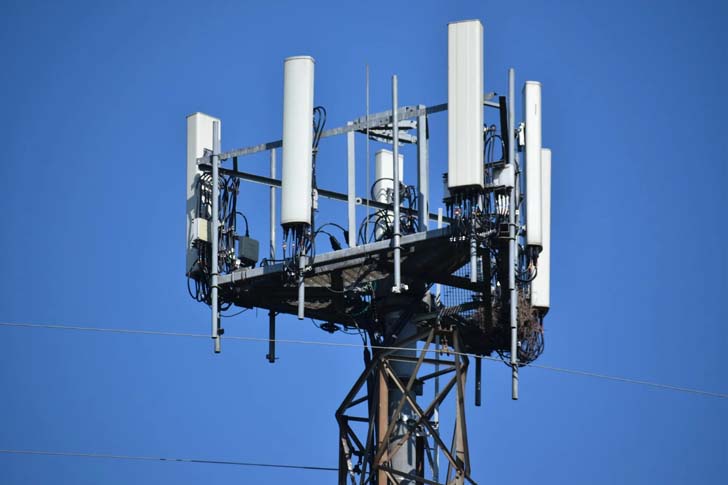Seniors: Easy Steps to Locate Cell Towers and 5G
For seniors, understanding cell tower locations and 5G coverage is essential for optimal connectivity. This guide provides practical steps and resources to help seniors find the best cell coverage in their area.

Why Knowing Cell Tower Locations and 5G Coverage Matters
With the increasing reliance on mobile technology, especially among seniors for staying connected with family and accessing emergency services, knowing where cell towers are located and understanding 5G coverage becomes crucial. This ensures reliable service and helps in making informed decisions about mobile plans and devices.
Steps to Find Cell Tower Locations
- Use Online Tools and Apps: Websites like CellMapper and apps such as OpenSignal provide detailed maps of cell tower locations.
- Consult Carrier Websites: Major carriers like AT&T, Verizon, and T-Mobile offer coverage maps on their websites.
- Government Resources: The FCC’s website provides information on cell towers and coverage areas.
- Community Feedback: Local forums and community boards can offer insights into the real-world coverage experience.
Steps to Check 5G Coverage
- Carrier Coverage Maps: Visit your carrier’s website to view their 5G coverage map.
- Third-Party Websites: Websites like Ookla and RootMetrics offer independent coverage maps and performance insights.
- 5G Capable Devices: Ensure your device supports 5G to access these networks.
Practical Tools for Finding Cell Towers and 5G Coverage
- CellMapper: An app that maps cell towers using crowdsourced data.
- OpenSignal: Provides coverage maps and speed test tools.
- FCC Tower Registration Database: A government resource listing cell tower locations.
- Carrier Websites: Direct information on coverage and tower locations from your mobile service provider.
Q&A Section
Q: How accurate are online cell tower maps? A: While they provide a good general idea, accuracy can vary. It’s best to use multiple sources for a comprehensive view.
Q: Do all carriers offer 5G coverage? A: Most major carriers in the U.S. offer 5G coverage, but availability can vary by region.
Q: Is it necessary to have a 5G phone to access 5G networks? A: Yes, you need a 5G-capable device to connect to 5G networks.
Chart: Comparing Coverage Tools
| Tool/Website | Features | Cost | User-Friendliness |
|---|---|---|---|
| CellMapper | Crowdsourced cell tower data | Free | High |
| OpenSignal | Coverage maps, speed tests | Free | High |
| FCC Tower Database | Official tower information | Free | Medium |
| Carrier Websites | Coverage maps, service details | Free | High |
| RootMetrics | Independent coverage analysis | Free | Medium |
Checklist for Seniors
- Check Coverage Regularly: Coverage can change, so periodic checks are useful.
- Update Devices: Ensure your phone is updated to access the latest network improvements.
- Understand Your Needs: High data usage or frequent video calls may require better coverage and faster speeds.
- Consult Customer Service: Don’t hesitate to contact your carrier for detailed coverage information.
Conclusion
Finding reliable cell tower locations and 5G coverage is vital for seniors who rely on mobile connectivity. Utilizing the right tools and resources can make this process straightforward, ensuring you stay connected with loved ones and have access to critical services.
References







Recent Comments